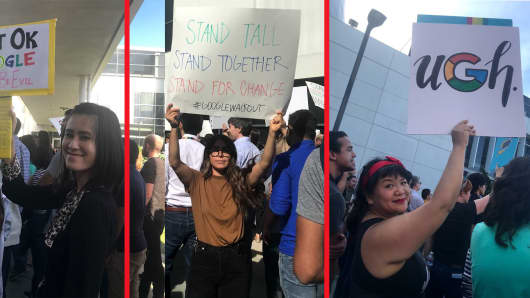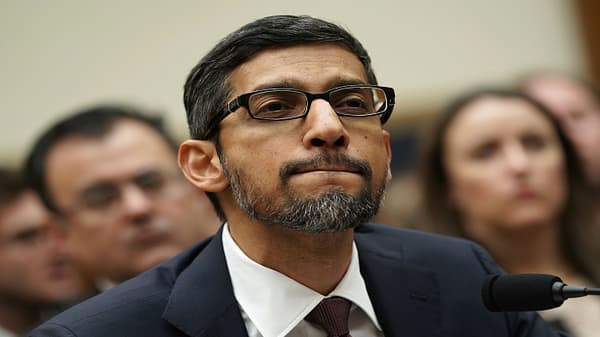During his three and a half hours in the Congressional hot seat earlier last week, Google CEO Sundar Pichai managed to play it cool.
He was well-rehearsed and responded to questions evenly, with patience and without the provocativeness or peculiarities which were characteristic of previous Google CEOs Eric Schmidt or Larry Page. Still, the hearing disappointed many viewers, who felt like it was a missed opportunity to press Pichai to explain more directly how the company plans to protect users' privacy or reckon with its societal impact.
As Pichai dodged pointed questions or provided evasive answers, the spectacle felt emblematic of his and the company's tough year. Google faced numerous high-profile public controversies and failures in 2018, and its responses have often felt similarly lackluster or unclear.
Yet as Pichai skated by in Congress, Google, too, has dodged arrows overall thanks to the more intense scrutiny that Facebook received for its own truly disastrous year.











0 General Document comments
0 Sentence and Paragraph comments
0 Image and Video comments
General Document Comments 0

